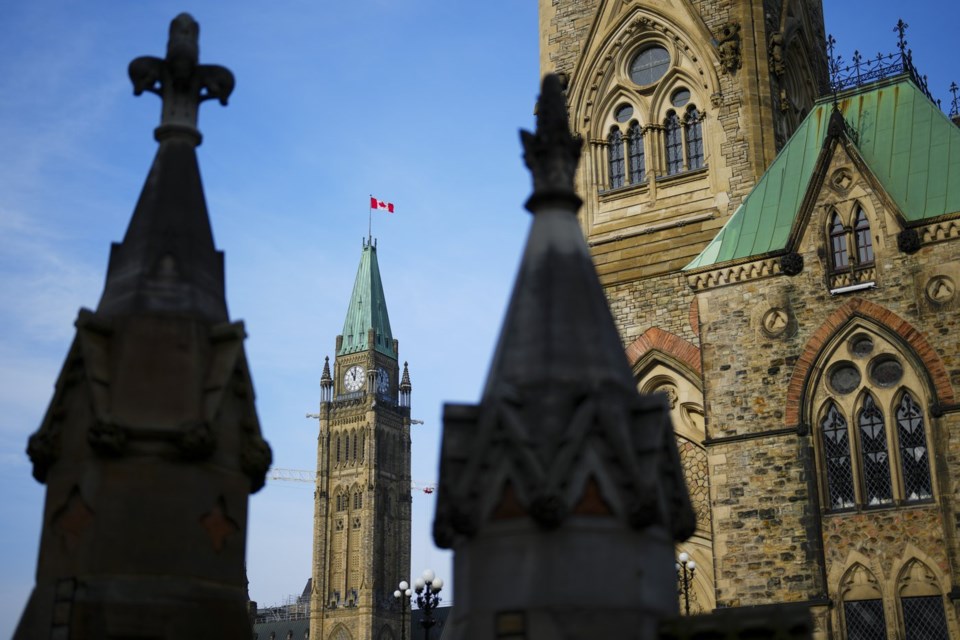VANCOUVER — A proposed class-action lawsuit filed in Federal Court says the Canadian government wrongfully denies people status under the country's Indian Act if their ancestors "voluntarily" gave up Indigenous status under laws that predate Confederation.
Plaintiffs Charles Wesley, Christopher Wesley, Sharon Nicholas and Nicole Nicholas filed a statement of claim in Vancouver this month seeking damages from the federal government for "being deprived of the benefits" of status under the act.
The claim says they all have "at least one direct ancestor" who was "enfranchised" under Canadian law, where they gave up their status and received the rights and privileges of Canadian citizenship.
The lawsuit details the history of enfranchisement in Canadian law dating back to the 1850s.
The statement of claim notes the findings of the Report of the Royal Commission on Aboriginal Peoples, released in 1996, which said an 1857 law passed by the Province of Canada known as the Gradual Civilization Act was "one of the most significant events in the evolution of Canadian Indian policy."
The act was the first time "enfranchisement" was legislated, allowing Indigenous men, 21 or older, to renounce their status if they were, among other criteria, "of good moral character."
"Its premise was that by eventually removing all legal distinctions between Indians and non-Indians through the process of enfranchisement, it would be possible in time to absorb Indian people fully into colonial society,” the report said.
The report found the "the enfranchisement policy was by its very nature an assault on Indian cultural identity," and was inherently sexually discriminatory against women who were involuntarily stripped of their status if their husbands were enfranchised.
The enfranchisement "mechanism" in the 1857 act was later "subsumed within federal legislation following Canadian Confederation," the claim says.
The lawsuit, which has not yet been certified as a class action by the court, says the plaintiffs' "family history of enfranchisement" means they and their children and grandchildren are not eligible to register for status, depriving them of "tangible economic, educational, and health benefits of Indian status."
The claim says the federal government has already "conceded" that the act's registration provisions are unconstitutional in a legal challenge filed by Sharon Nicholas and Nicole Nicholas and others in B.C. Supreme Court, a case heard earlier this year with a decision pending.
The claims says it is "misleading" to refer to enfranchisement as voluntary as it was often done "under considerable duress" because it spared their children from residential schooling, and women and children were automatically enfranchised if their husbands or fathers applied.
The lawsuit seeks damages for class members "who were deprived of the benefits to which they would have been entitled but for the clearly unconstitutional provisions" in the Indian Act.
This report by The Canadian Press was first published Aug. 13, 2025.
Darryl Greer, The Canadian Press



